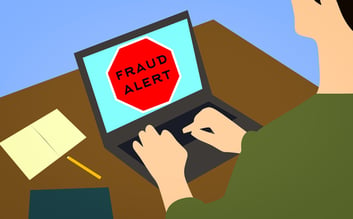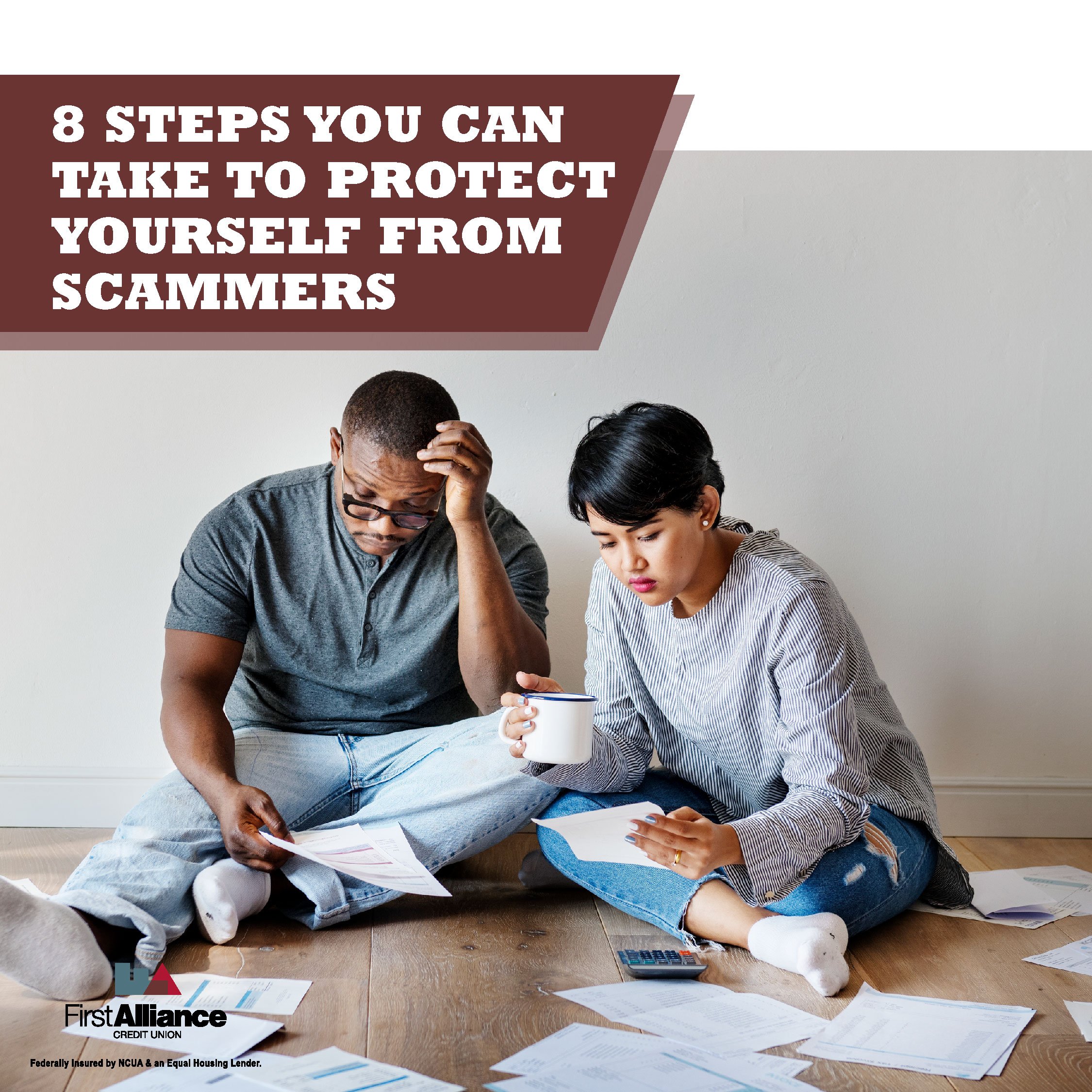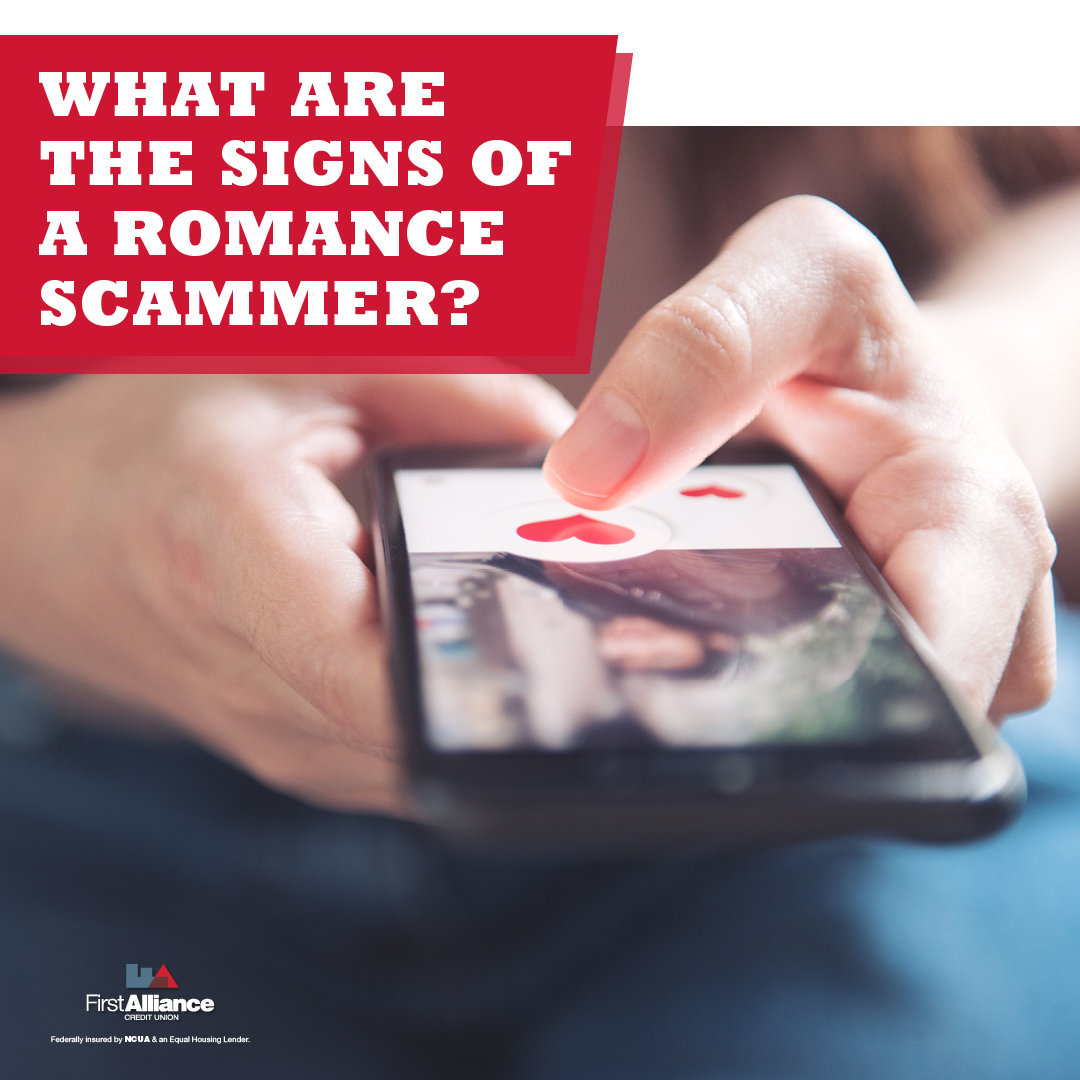8 Steps You Can Take to Protect Yourself From Scammers
Scammers are a constant threat, and they’re only getting worse. According to the Federal Trade Commission, scammers stole $8.8 billion dollars from...
4 min read
 Chris Gottschalk
:
Oct 22, 2020 5:45:00 AM
Chris Gottschalk
:
Oct 22, 2020 5:45:00 AM

These days, scams are more prevalent than ever, and scammers are constantly coming up with new tactics to bilk people out of their money. You’ve probably seen a few of their efforts, like the badly-misspelled emails claiming to be from PayPal or Amazon. You might also have wondered who could possibly be fooled by a scammer.
 The truth is that anyone can be the victim of a scam. This includes you and your loved ones. No one is immune to getting fooled.
The truth is that anyone can be the victim of a scam. This includes you and your loved ones. No one is immune to getting fooled.
However, no one also likes to admit they’ve been conned. It’s embarrassing, and many people are afraid they’ll seem like fools if they tell anyone they were the victim of Internet fraud.
In fact, scammers rely on this—many of them feel confident their victims will try to hide the fact they’ve been the victim of a scam instead of telling someone what’s happened. This means that someone you love could be getting scammed right now and you might not know it. It might be your parents, your grandparents, or even one of your siblings.
This might seem scary, and it should. However, there are ways to know whether someone is being scammed. More importantly, there are ways to help someone if they are being scammed.
Sometimes it’s easy to tell if a loved one is being scammed. They might talk about a new love interest they met online and to whom they just loaned some money, or they’ll tell you about a fantastic new opportunity that is guaranteed to double their investment.
Other times, though, the signs are more subtle. A loved one probably won’t come out and say they’re getting scammed—they might not even be aware they’re getting scammed. However, their behavior will change.
If a loved one is usually extroverted but suddenly becomes withdrawn, for instance, it’s a sign that something might be wrong. They might be withdrawing because they’re embarrassed they got scammed, or the scammer might be isolating them to get more money.
Here are some other signs that scammers have someone you know in their sights:
Once you suspect one of your loved ones is being scammed, you need to act quickly.
The first thing you need to do is talk with your loved one. If they are being scammed, they’ll probably be embarrassed and even ashamed, so you need to be kind and understanding. Listen to your loved one and when they’ve told you what’s happened let them know that scammers target thousands of people every day, and that your loved one is not to blame for getting scammed.
 After you’ve talked with your loved one about what has happened, work with them to cut off the scammer’s access to their money. Have them change all usernames and passwords for their banks first, then change the login information for any payment apps they use.
After you’ve talked with your loved one about what has happened, work with them to cut off the scammer’s access to their money. Have them change all usernames and passwords for their banks first, then change the login information for any payment apps they use.
Next, help your loved one cut off all contact with the scammer. Block the scammer on email and on social media. If your loved one has a smartphone, block the scammer’s phone number.
When blocking contact with the scammer, be aware that depending on how persistent the scammer is, you might need to take some extra steps to stop the scammer from contacting them. This can include helping your loved one change their email address entirely, as well as their phone number. You might even want to help your loved one change the locks on their house if the scammer knows where they live.
Once you’ve helped your loved one take those steps, go to the authorities. Scams are fraud, which is illegal, so your next step should be to contact law enforcement. Start by contacting your local police department and file a police report.
The police will usually assign an officer to the case who will help you fill out the police report. They can also recommend which steps would be best for you to take, including contacting some federal agencies, since there’s a good chance the scammer may have broken federal laws.
If your loved ones were scammed due to a fraudulent offer, the federal trade commission might be very interested in finding the scammer. The FBI might want to have a word with them too.
Finally, report any compromised credit or debit cards to the institutions that issued them. They can help your loved one close their existing accounts, open new ones, issue new cards and even get new checks. You should also contact one of the major credit bureaus and put a fraud alert on your credit report.
If a loved one is the victim of a scam, the odds are good they won’t want to tell anyone about it. Unfortunately, this just leaves them vulnerable for the scammer to keep taking advantage of them. If you see the signs that a loved one is being scammed, talk with them about it and take steps to stop the scammers from preying on them again.
If your loved one is a member of First Alliance Credit Union, they can also take advantage of the tools and resources we offer to help avoid scams, including the First Alliance mobile app with the MyCards feature that will let them limit what types of businesses they can use their cards at, the dollar amount of purchases on their cards and even the geographical area in which they can use their cards. They can also talk with a First Alliance advisor to learn their options if they believe they have been the victim of a scam.

Scammers are a constant threat, and they’re only getting worse. According to the Federal Trade Commission, scammers stole $8.8 billion dollars from...

In some ways, the Internet has been a real help for anyone looking for love. Several dating sites and mobile apps give you hundreds, even thousands...

Scammers don’t discriminate when it comes to victims. They will happily defraud anyone who takes the bait they put out online.